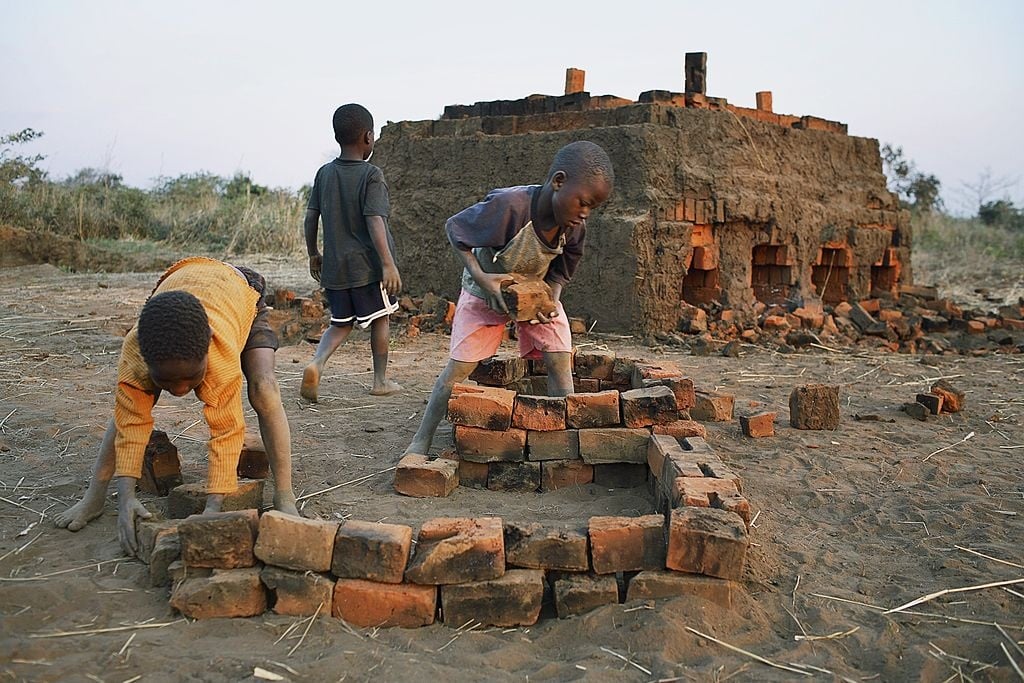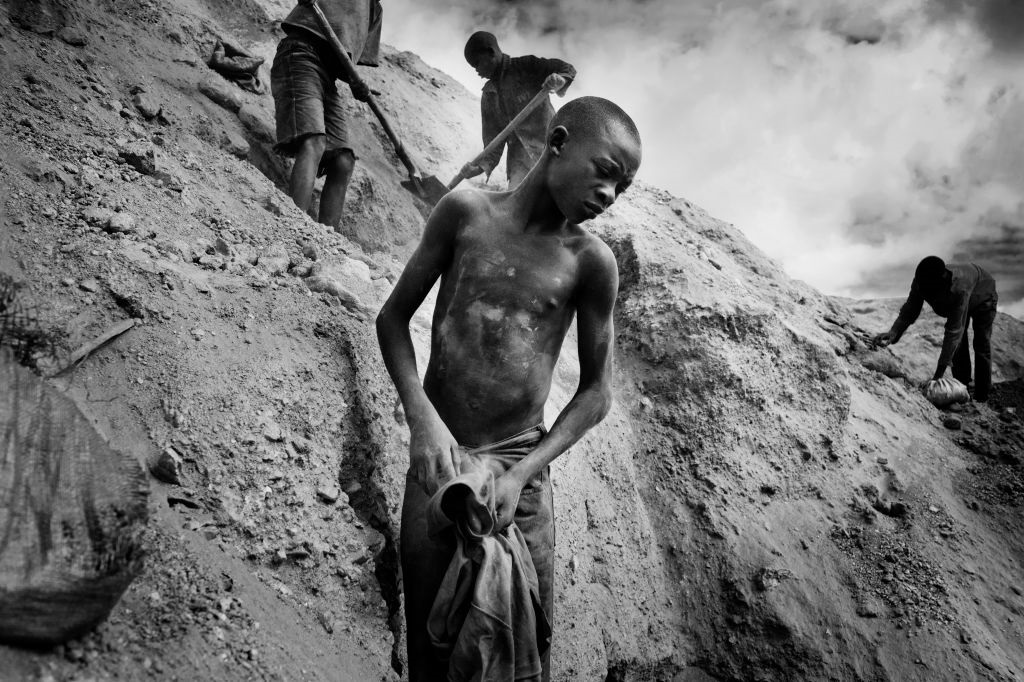- Children are victims of trafficking, and forced into sex work and child labour in tobacco and other agricultural activities.
- British American Tobacco and Imperial Tobacco were taken to court in Malawi over child labour claims.
- In Eswatini, the culture and tradition of Kuhlehla is seen as a form of child abuse.
Countries in southern Africa have achieved little in stopping child labour, with children as young as five found working in livestock and crop production, and forestry and fisheries, according to a new report by the US labour department.
Child labour is generally defined by the United Nations as work that deprives children of their childhood, their potential and their dignity, and is harmful to their physical and mental development.
The report, titled "2020 findings on the worst forms of child labour", was made public last week and covers all countries around the world.
According to the report, Malawi has children working as tobacco harvesters and sex workers.
Tobacco accounts for about 50% of the country's total forex earnings.
In June, British American Tobacco and Imperial Tobacco were taken to court on allegations of child labour in a push for profits.
The court case came as a result of a Guardian newspaper investigation, sometime in 2018.
The report alleged that families were being trafficked from southern Malawi to work on tobacco farms.
In response last year, the Malawian government ratified the International Labour Organisation 2014 Protocol to the Forced Labour Convention and the 2001 Safety and Health in Agricultural Convention, which increases protection against forced labour and child labour in agriculture.
Responding to the report, Guy Ryder, the director-general of the International Labour Organisation, in a zoom seminar, said: "Child labour is not an escape road from poverty, it actually prolongs poverty; it makes poverty intergenerational. We have to help people out of this vicious circle of poverty and that's not an easy task."
Lesotho, a constitutional monarchy, which has seen its share of political instability because of the army's involvement in the country's already fragile politics, has children "subjected to the worst forms of child labour", according to the report.
Children are drawn into criminal activities, such as burglary and pickpocketing, by elders. Others are exposed to hazardous tasks, such as spraying harmful pesticides on crops, and harvesting.
Across southern African, the uniform child labour is cattle herding - a somewhat traditional role reserved for children and adults who are not well off in the communities they come from.
The United Nations Children's Fund (Unicef) believes that, to end child labour, a significant effort should be made in rural areas, where agriculture is an important source of livelihood.
The report says Botswana has made minimal advancement and that children involved in cattle herding - a major economic activity - and domestic work are not protected.
"Key gaps remain in the country's legal framework, including the lack of a minimum age for compulsory education and a list of hazardous work activities for children. In addition, social programmes do not always reach intended child labour victims, especially those engaged in cattle herding and domestic work," the report says.
The report notes progress made by Namibia, which ratified the International Labour Organisation Convention 189, and the Domestic Workers Convention, which reaffirms the government's commitment to eliminate child labour in domestic work.
Credit is also given to that country's school feeding programme, which, during the Covid-19 first phase, had a "take home" facility for children. This, in a way, kept children away from labour to fend for their families.
The report says that, in Eswatini, most of the child labour abuses are linked to culture and tradition.
"Kuhlehla" - a show of devotion to monarchs and chiefs by doing chores and providing free labour to them - contributes to child labour. It is largely seen as slave labour by pro-democracy activists in the country.
Despite South Africa increasing its child support grant, the country has made minimal advancement.
"However, children in South Africa are subjected to the worst forms of child labour, including in commercial sexual exploitation and forced begging, each sometimes as the result of human trafficking. Labour inspectors are not authorised to assess penalties, and social programmes are not sufficient to address the scope of child labour. In addition, barriers to education remain, especially among migrant children, who lack proper identification documents," the report says.
Zimbabwe made positive strides to protect children from child labour through the Education Amendment Act, which raised the legal compulsory education age to 16.
However, the report says, "law enforcement agencies lack resources to enforce child labour laws. In addition, gaps remain in the country's legal framework against child labour, including the prohibition of commercial sexual exploitation of children".
In the case of Mozambique, the biggest problem is child trafficking, child sex work and forced domestic work, despite the government passing a 2020–2024 Five Year Plan to eliminate child labour.
- The News24 Africa Desk is supported by the Hanns Seidel Foundation. The stories produced through the Africa Desk and the opinions and statements that may be contained herein do not reflect those of the Hanns Seidel Foundation.


